A colleague of mine tweeted this article yesterday: “Recruiters: Your Days are Numbered” and when I read it my first inclination was to re-tweet it. The only problem was that I was limited by the number of characters and I wouldn’t be able to clearly express how I felt about this article concerning the “future of Recruiters.”
I know why she tweeted it. She was equally disturbed by the fact that a blog could be written about a career she so passionately and firmly believes in and that the success of an entire profession which is built around people (and the relationships you develop with these people) can be thought to be replaced by technology.
So often you read, regardless of the position or industry, that eventually a company or a function will no longer be relevant because technology will replace it. Don’t get me wrong; we here at People First Recruiting completely support and embrace technology – in fact I love it and would like to have more of it. What was shocking to me about this article is how recruiting can be boiled down to “3 critical ingredients” - sourcing, screening and verifying.
Boy, if only it were that simple.
Any recruiter, one paid by a company like us here at People First Recruiting or one who works internally for a company, knows that recruiting is just not that simple – an industry focused on people never is.
What’s interesting about this article is that it refers to technologies that only cover a small piece of the world of recruiting. Recruiting isn’t just about finding 'key words' that match a job profile – it is about finding the right person for the role. Sure, technology can run 24/7 - sweeping LinkedIn and/or the online world to hone in on the right keywords – but can technology then call that person up? Talk to them? Get a sense of whether or not they are truly happy doing what they are doing? Analyze the actual fit between employer and employee, culture and personality? Needs versus desires?
While we do embrace technology and look at technology as a partner in our business to help round out our skills, we still ensure we invest in our people. An example is adding and training people to join our Talent Discovery Group; individuals who everyday utilize research techniques, social channels, and networks. They turn to their existing relationships to reach out and engage with potential candidates to inform them of some of the incredible opportunities we have with Canadian businesses.
When our clients come to us they need 3 things:
- find me the best candidate
- within a reasonable amount of time
- for a fair fee
Never do they ask what specific technological tools we used to find that person. Instead they ask us how we will go about our search. Where will we focus? Have we filled a position like this before? Do we understand the role we are filling on their behalf? Once they are satisfied we then use a proven methodology and approach to finding them candidates. The next questions our clients ask us are: What is our screening process? Do we know how to interview for these roles? How do we assess candidates? And so on.
The point I am trying to make is that leaders of companies are not looking for a person to just fill a role, they want the whole package. They want to partner with experts who use the best processes to find the right candidates; experts with the strongest experience and knowledge to assess the fit and qualifications of candidates. Companies want to be assured that the person we find for them will be that right fit so that they can retain that individual and remain free to focus on their business.
If you are a Recruiter right now and you believe your job is to simply source, screen and verify then you are missing out on what is the most fulfilling and rewarding part of your job as a Recruiter. We have the privilege of meeting new people who are making important career decisions every day. We get to learn about great companies and meet great leaders and then we get to bring the two of them together in what is hopefully a perfect match. That cohesion is what gets us excited around here.
In an industry that is all about people, technology can never be, and will never be an aspect that will replace the human touch.

...
If you haven't figured it out, I am pretty passionate about recruiting, as is the team that I work with. Because we love what we do and because we are growing - we are looking for more Recruiters to join our team here in Winnipeg. Never considered recruiting before? Take a look at our 10 Reasons You May be a Recruiter...and not even know it. If you identify with these 10 reasons...drop us a line.
~Karin Pooley

